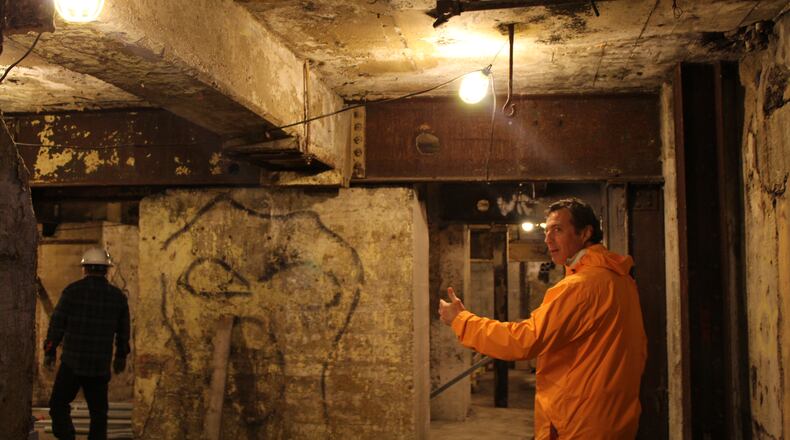Federal officials said Riazzi, the owner of a wealth management firm, knew or should have known the roof contained asbestos and he did not have it inspected prior to its removal in 2016, as the law requires.
MORE: Dayton Steam Plant owner pleads guilty in asbestos case
Riazzi hired two workers to remove the roofing over a weekend in the summer of 2016.
Under the law, Riazzi could have faced five years in prison, three years of supervised released and a $250,000 fine.
Riazzi invested nearly $3.7 million to renovate the Steam Plant into offices and a popular upscale event venue.
Earlier this year, Assistant Attorney General Jeffrey Bossert Clark for the Justice Department’s Environment and Natural Resources Division said Riazzi purposefully cut corners and put the workers he hired at risk.
In a statement, Riazzi said he accepts responsibility for his actions but did not intend to cause harm and did not know or believe asbestos inspection was required.
MORE: Dayton Steam Plant owner to plead in EPA case, get passport for Bahamas trip
Riazzi said he had good reason to think there was not asbestos on the property because roofing materials were treated as ordinary construction debris when the city of Dayton did demo work on the property before transferring it to him for $10.
Riazzi also said multiple asbestos evaluation specialists over the years concluded through testing that no dangerous and “friable” asbestos roofing materials were present. The original power plant had four roofs.
Riazzi filed a civil lawsuit against a contractor. In it, he said that a survey the company oversaw that allegedly showed the roof contained asbestos was false and did not actually sample the roofing materials.
About the Author

